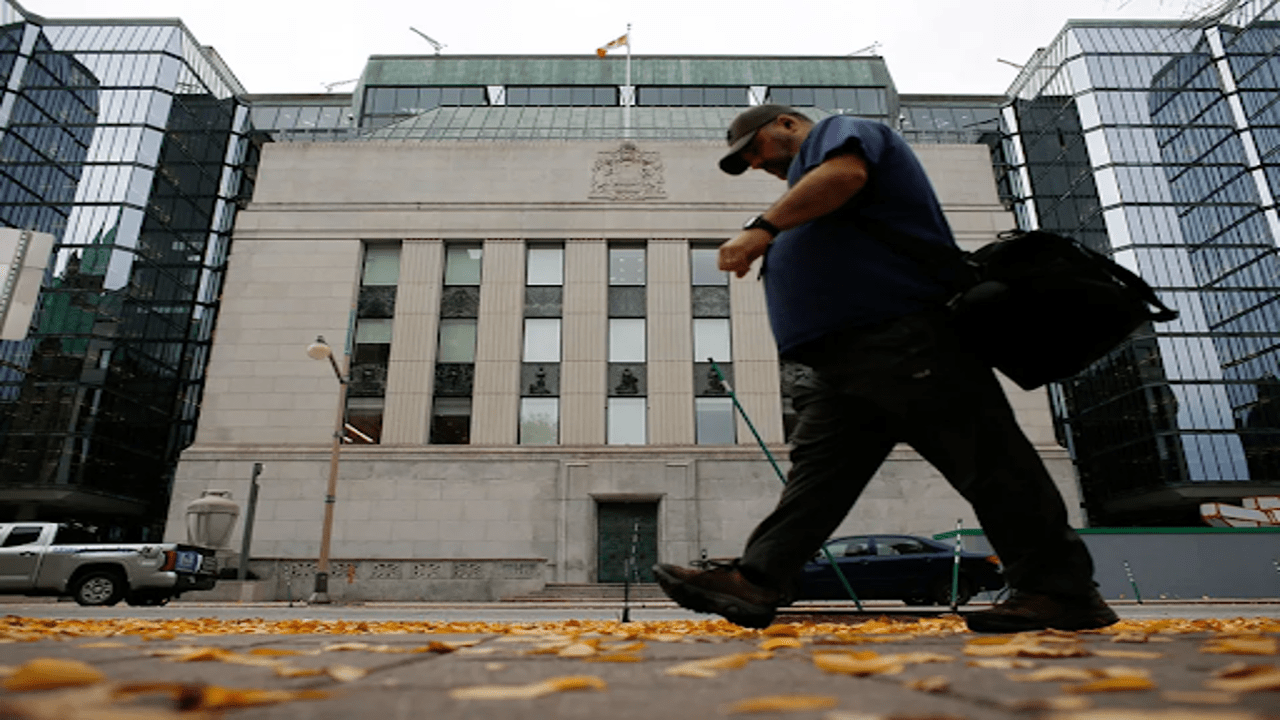
Market watchers expect the Bank of Canada to set its neutral interest rate at 2.75% by mid-2025. (Credit: David Kawai)
A recent survey of financial market participants suggests the Bank of Canada might lower its interest rate to 2.75% by June 2025, holding steady for the rest of that year and into 2026. The quarterly survey, conducted between September 18 and 27 and involving 30 financial experts, provides insights into market expectations for the central bank’s rate direction and economic outlook. The Bank of Canada’s recent move to lower the overnight rate to 3.75%, a 50-basis point cut, aligns with this anticipated downward trend.
While the Bank of Canada has not committed to a fixed "neutral" rate, it estimates the neutral range—the rate that balances economic growth without accelerating or slowing it—between 2.25% and 3.25%. According to the survey, the median response from 26 participants predicts a long-term neutral rate of 2.75%. This rate level would ideally support economic stability by neither encouraging excessive borrowing nor constraining spending and investment.
Bank of Canada Governor Tiff Macklem recently emphasized the uncertainty surrounding the precise neutral rate. Speaking at a conference in Toronto, Macklem noted that finding this balance may require experimentation. "We don’t know exactly the pace. We don’t exactly know where the landing is," he remarked, indicating that fine-tuning the neutral rate is an ongoing process for the bank.
The survey also shed light on market participants’ views on inflation and the broader Canadian economy. The median of 27 responses forecasts a year-end consumer price index (CPI) inflation of 2.2%, with inflation stabilizing at around 2% in 2025. Economic growth is projected to reach 1.5% in 2024 and increase slightly to 1.9% in 2025. These figures align closely with the Bank of Canada’s forecasts, which estimate 1.2% growth in 2024 and 2.1% in 2025.
Recession risks, another focal point of the survey, were deemed relatively low by most participants. Only 20% of respondents predicted a recession in the next six months. However, respondents highlighted several potential risks to economic stability. Geopolitical uncertainties were flagged as the most significant downside risk, while a robust housing market was seen as a possible upside factor, potentially boosting economic growth.
This survey underscores the financial market's careful monitoring of the Bank of Canada’s actions and the overall economic landscape. As Canada faces ongoing global uncertainties and internal economic shifts, these survey results highlight the central bank’s cautious approach to setting a rate that fosters stable, long-term growth. For Canadians, a 2.75% rate could mean more favourable borrowing conditions over the next few years, potentially impacting everything from mortgage rates to business loans.















